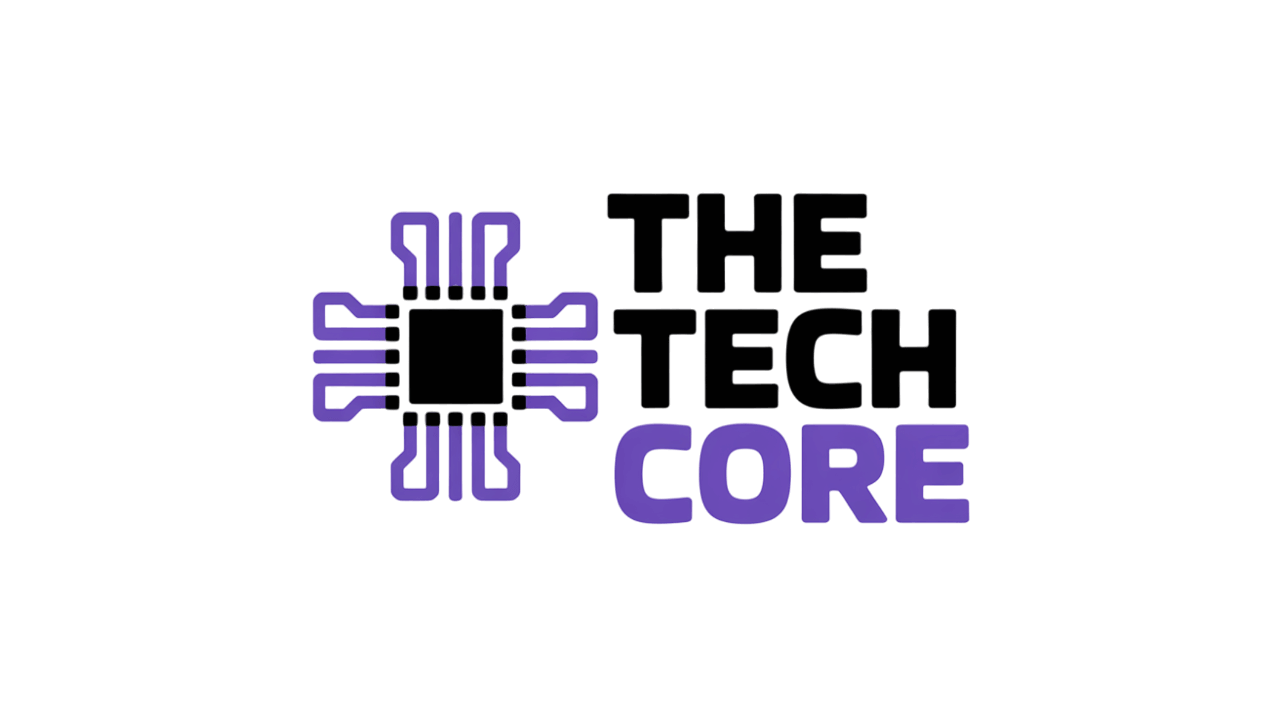A California jury just delivered a devastating verdict against Meta in a landmark Meta data privacy lawsuit that could reshape how tech giants handle our most intimate information. Furthermore, this case isn’t just about one app—it’s a wake-up call about the hidden ways companies collect and exploit personal data for profit. The ruling against Meta for illegally harvesting menstrual health data from the Flo period app represents the first major jury verdict against Big Tech for privacy violations.
Meta data privacy lawsuit outcomes like this one send shockwaves through Silicon Valley because they prove that even the most powerful tech companies aren’t above the law. Additionally, the case highlights how companies use sophisticated software development kits (SDKs) to secretly record users’ most private conversations and health information without their knowledge or consent.
The Shocking Details Behind Meta’s Flo App Data Collection
The facts uncovered in this case are more disturbing than most people realize. Between 2016 and 2019, Meta collected intimate health data from millions of women using the Flo period tracking app through embedded software development kits. Moreover, the jury found that Meta intentionally recorded users’ responses to sensitive questions like pregnancy goals, cycle lengths, and menstrual symptoms.
The company used custom app events with names like “R_SELECT_LAST_PERIOD_DATE” and “R_SELECT_CYCLE_LENGTH” to capture this information. Subsequently, Meta fed this data into its advertising ecosystem to create targeted ads for women based on their reproductive health status.
How Meta’s Data Collection Actually Worked
The technical details reveal a calculated system designed to extract maximum value from users’ private information. Meta’s SDKs functioned like digital recording devices embedded within the Flo app. Furthermore, expert testimony showed that these tools captured every interaction users had with health-related survey questions.
What makes this particularly egregious is that users had no idea their intimate health conversations were being recorded and transmitted to Meta. The app appeared to be a private health tool, but it was actually sharing users’ most sensitive information with one of the world’s largest advertising companies.
Understanding the Legal Victory Against Meta
This Meta data privacy lawsuit victory represents a significant shift in how courts view tech companies’ data collection practices. The eight-person federal jury in San Francisco unanimously found that Meta violated the California Invasion of Privacy Act by intentionally intercepting private communications between users and the Flo app.
Lead attorney Michael P. Canty emphasized that this verdict “sends a clear message about the protection of digital health data and the responsibilities of Big Tech.” The case establishes that companies can’t hide behind technical complexity to justify invasive data collection practices.
What This Means for Privacy Law
The ruling breaks new ground by applying California’s wiretapping law to software development kits and data collection through mobile apps. Previously, tech companies argued that SDKs were simply tools for app functionality, not surveillance devices. However, the jury rejected this argument entirely.
Moreover, legal experts note that this is the first major privacy verdict against a Big Tech company decided by a jury. The decision could encourage more individuals to pursue similar lawsuits against companies that secretly collect personal data.
The Massive Financial Stakes and Potential Penalties
While the exact damages haven’t been determined yet, the financial implications for Meta could be staggering. Under California law, privacy violations can result in statutory damages of up to $5,000 per violation. Furthermore, with millions of affected users, the total penalties could reach billions of dollars.
The case also demonstrates how California’s privacy enforcement has become increasingly aggressive. Recent updates to the California Consumer Privacy Act now allow fines up to $7,500 per violation for intentional breaches, and regulators typically investigate “hundreds or thousands of violations” in each case.
Meta’s History of Privacy Violations
This latest verdict adds to Meta’s growing list of privacy-related penalties. The company has already faced over $3 billion in fines from European regulators for various GDPR violations, including:
- $1.31 billion for illegally transferring user data to the US
- $426 million for lacking legal basis to process user data for advertising
- $277 million for compromising 500 million users’ personal information
These mounting penalties suggest that regulators worldwide are losing patience with Meta’s approach to user privacy and data protection.
Real-World Impact: What This Means for Everyday Users
The implications of this Meta data privacy lawsuit extend far beyond legal technicalities. For millions of women who used period tracking apps, this case reveals how their most intimate health information became advertising commodities without their knowledge.
Consider the real-world consequences: women trying to conceive might have received fertility-related ads because Meta knew they were tracking ovulation. Similarly, those experiencing irregular periods could have been targeted with medical product advertisements based on their private health data.
Protecting Yourself from Similar Data Collection
Given how widespread these practices are, users need to take active steps to protect their privacy. Start by reading app privacy policies carefully, especially for health-related applications. Additionally, regularly review and limit app permissions on your devices.
Privacy experts recommend being especially cautious with apps that request access to health data or use third-party analytics tools. Furthermore, consider using privacy-focused browsers and ad blockers to limit tracking across different platforms.
Industry-Wide Implications and Future Legal Battles
This landmark ruling will likely trigger a wave of similar lawsuits against other tech companies using comparable data collection methods. Moreover, the case establishes important legal precedents about how privacy laws apply to modern technology platforms and advertising systems.
Legal analysts predict that this decision could disrupt key elements of the commercial internet by challenging how companies use SDKs for data collection. The ruling may force the entire industry to reconsider its approach to user data and advertising targeting.
Regulatory Response and Future Oversight
Regulators are taking notice of this victory and its implications for broader tech accountability. The case demonstrates that existing privacy laws, when properly enforced, can provide meaningful protection against corporate overreach.
Furthermore, California’s Privacy Protection Agency has been increasing its enforcement activities and penalties for privacy violations. The agency’s recent actions suggest that companies can expect more aggressive oversight and higher fines for privacy violations going forward.
What Comes Next: Appeals and Industry Changes
Meta has announced plans to appeal the verdict, claiming the company “vigorously disagrees” with the outcome. However, the unanimous jury decision and strong factual evidence make overturning this ruling challenging. Additionally, the case has already achieved its primary goal of exposing hidden data collection practices to public scrutiny.
The tech industry will likely respond by reviewing and potentially modifying their SDK implementations and data collection practices. Companies that continue using invasive data collection methods may face similar legal challenges and reputational damage.
Long-term Consequences for Big Tech
This Meta data privacy lawsuit represents a turning point in the relationship between tech companies and their users. The case proves that even the most powerful corporations can be held accountable for violating user privacy rights.
Moving forward, companies will need to balance their advertising revenue models with genuine respect for user privacy. Those that fail to adapt may face continued legal challenges, regulatory penalties, and loss of user trust in an increasingly privacy-conscious marketplace.
Conclusion: A Victory for Digital Privacy Rights
The jury’s verdict in this Meta data privacy lawsuit sends an unmistakable message: tech companies cannot secretly exploit users’ most intimate information for profit. This case represents a crucial victory for digital privacy rights and establishes important legal precedents for future battles against corporate surveillance.
While Meta plans to appeal, the damage to the company’s reputation and the broader implications for the tech industry are already clear. The ruling demonstrates that existing privacy laws, when properly enforced, can provide meaningful protection against even the most sophisticated data collection schemes.
For users, this case serves as a reminder to stay vigilant about privacy rights and support continued efforts to hold tech companies accountable. The fight for digital privacy is far from over, but this victory proves that change is possible when people stand up to corporate overreach.
The long-term impact of this case will likely extend well beyond Meta’s legal troubles. It has exposed the hidden infrastructure of digital surveillance that operates beneath the surface of our daily app usage, and it has shown that courts are willing to protect users’ privacy rights against powerful corporate interests.








